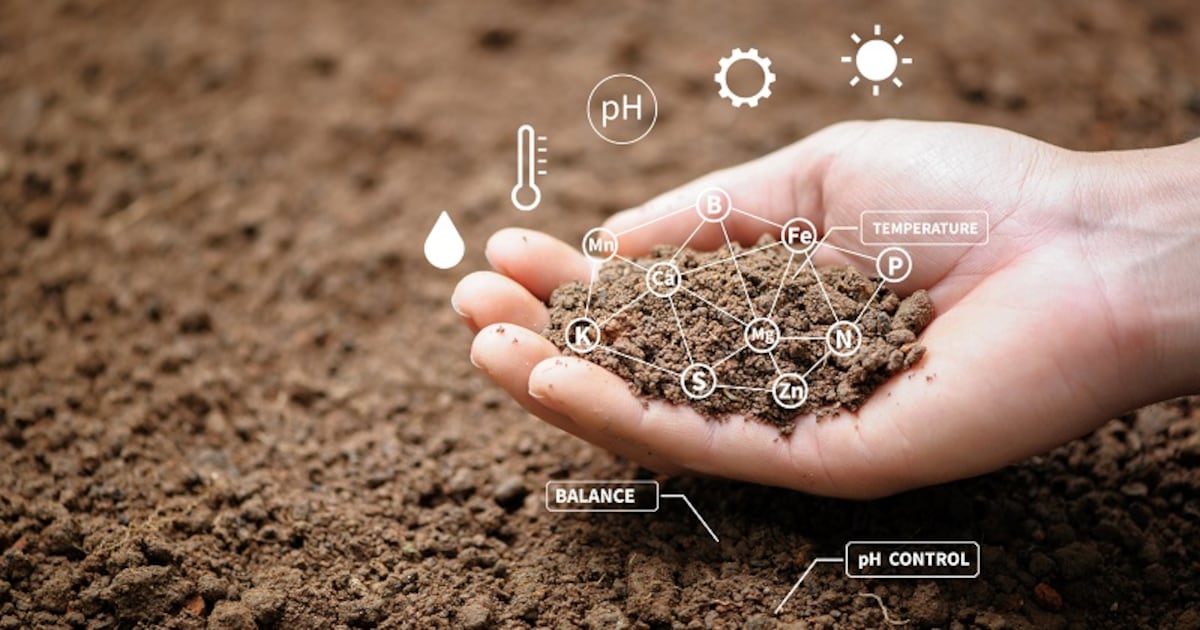Despite the innovation and interest, the question of how to accelerate the adoption of biological technologies remains the most persistent puzzle.
The issue of adoption was highlighted in several panels at the first Asia Biologicals Summit on November 3 in Singapore.
Professor Veera Sekaran, Director of the Regenerative Agritech Centre, Department of Biological Sciences, Faculty of Science, National University of Singapore (NUS), noted the well-known challenges in ASEAN.
This included farmers' cautious attitude towards biologics, citing a lack of local testing, uncertain results, unconfirmed claims and labor-intensive application.
Diverse crops, changing climate conditions, limited infrastructure and the need for clear scientific guidelines further complicate adoption, while market penetration by smallholders becomes slow and complex.
Sekaran emphasized that politics also plays a role, as the synthetic fertilizer market has a major impact on agricultural policy.
“The synthetic fertilizer market is a very, very controversial issue. The synthetic fertilizer market controls politics in Asia, just as it controls politics in many parts of the agricultural world.”
He emphasized the need to break entrenched systems, but acknowledged that it was difficult to even talk about it.
“How do you break this cycle? How do you get politicians to come on board and say, let's benefit farmers? That's a reality that we have to acknowledge. It's a reality that's very difficult to talk about because it's very controversial,” Sekaran said.
Converting waste to avoid regulation
Hataikan Kamolsirisakul, head of strategy sustainability and new business group at Thai Wah, said navigating government guidelines was a challenge for the company.
“Agrochemicals is a very political business. Any government that comes into office will make it a priority. We've seen this time and time again, regardless of government.”
Thai Wah has previously tried to recycle its waste as soil enrichment material, but regulatory hurdles made this all but impossible.
To get around the regulations, the company conducted research and development to develop biological solutions using a cocktail of eight microbes.
The company currently processes around 500,000 tons of slush annually at its four to five factories in Thailand and sells the solution to farmers at a “very low cost,” Kamolsirisakul said.
Increased use of biologics has become a necessity for the company as it has experienced firsthand the damaging effects of climate change.
According to Kamolsirisakul, the company has experienced continuous declines in revenue across the supply chain over the past three years.
“In 2023, we experienced a severe drought that resulted in a 30 percent decline in crop yields across the supply chain, and the decline continues. This year we have La Niña, which is actually very good for the crop, but supply still fell due to price pressure. Next year we expect a further 15 to 20 percent decline in yields in Thailand, Vietnam and Cambodia. What keeps me up at night now is the ongoing supply shortage and the rising crop prices.”
Changing regulatory trends
Peter Wren-Hilton, founder and CEO of Wharf42, expressed optimism about changes in the regulatory landscape, citing consumer pressure and the European Union (EU) Green Deal.
“If you look at the Green Deal, many current pesticides will basically be banned [in 2030]. And so the companies themselves are starting to invest heavily in biological research and also in biological mergers and acquisitions. I think we’re seeing a changing market and I think these big companies are very aware of how the world of regulation is changing.”
Wren-Hilton added: “Regulators bark – retailers bite. When Walmart and Costco say they will no longer stock your produce if you use certain pesticides, that changes growers' behavior.”
For Thai Wah, Kamolsirisakul said farmers are the driving force of demand for organic solutions.
This demand motivated the company to expand the use of its biological solutions.
“With 100 factories…that could basically cover a million hectares of tapioca across Thailand in terms of soil improvement. With another 60 factories in Vietnam and then a few more in Cambodia…If we all use organic matter – the waste that's essentially in our backyard – to improve the soil in the next five years, we should be in good shape.”
Sekaran hopes Singapore can play a key role in agriculture when it takes over the ASEAN chairmanship in 2027, given its role as a regional hub.
“I would like to see an initiative that we can announce in 2027 that has a credible structure and framework that allows us to move into the ASEAN markets and benefits whoever, whatever country, comes on board. How do you convince the Ministry of Agriculture and the politicians there… to join us in moving this forward?”
